Issuance of checks without place


 Issuance of checks without place
Issuance of checks without place
According to the definition of commercial law, a check is a writing in which the issuer of the check has the funds with the bank (the bank that must pay the amount of the check). Returns in whole or in part or assigns to another. A misplaced check in the specific sense means a check in which the amount stated in the check is not in the account on the date and the so-called account is empty, but what the law of checks considers of an irrevocable check is that the check is cashless and includes items It is like the discrepancy of the signature or the inscription in the text of the check or the difference in the contents of the check and the like. The person holding the check can file a criminal complaint against the issuer of the check. A criminal complaint is possible only against the issuer of the check. According to Article 18 of the Criminal Procedure Code, the authority investigating crimes related to irrevocable checks, from the defendants, in case the charge is considered, according to the case of one of the arrangements for providing surety or bail will be taken.
According to Article 11 of the Criminal Code, the crimes mentioned in this law can not be prosecuted without a complaint from the check holder, and if the check holder does not go to the bank to receive the check within six months from the date of issuance or within six months from the date of issuance “Payment, if he does not sue, he will no longer have the right to sue.”
Tracking unchecked checks
The person holding the check can pursue three types of irrevocable check lawsuits:
A) Lawsuits
B) Criminal case
C) Follow-up through registration
 The possibility of a criminal complaint in the crime of bounced check
The possibility of a criminal complaint in the crime of bounced check
A criminal complaint can only be filed against the check issuer. If it is not against a bank check, it is not subject to the criminal provisions of the check issuance law, and the crime of issuing a check is not relevant. According to Article 10 of Q.S.C, the holder of the check can claim the amount of the check and his/her losses in the criminal court of the investigating authority.
- According to Article 16 of the Civil Code, handling of all complaints and criminal and legal claims related to checks in the prosecutor’s office and the court will be done immediately and out of turn until the end of the proceedings.
- According to Article 18 of the Criminal Code, the authority investigating the crimes related to bounced checks, in case of charges, collects from the defendants, depending on the case, (either cash or bank guarantee or movable and immovable property) one of the orders to provide surety or bail.
- According to Article 11 of the Criminal Code, the crimes mentioned in this law can’t be prosecuted without a complaint from the check holder, and if the check holder does not complain or doesn’t go to the bank to receive the check within six months from the date of issuance or within six months from the date of issuance of the certificate will no longer have the right to file a criminal complaint.
Who is the criminal plaintiff?
According to Article 11 of the ICCPR, “criminal holder means a person who has presented a check for the first time, and in order to determine who first made a check to receive the money, the banks are obliged to complete the identity of the check holder as soon as Specify him by mentioning the date.
If this holder transfers the check to another after returning, the transferee can no longer use the criminal complaint unless the transfer is forced. This means, for example, that the check holder dies.
Question: If a person goes to the bank and the bank states his full and accurate identity on the back of the check by mentioning the date, but before returning, transfer the check to someone else. In this case, with whom is the right to file a criminal complaint?
In this case, the transferee has the right to complain, not the person providing the check to the bank.
Cases of crime of issuing misplaced checks
In the following cases, the crime of issuing an irrevocable check occurs:
1. Issuance of irrevocable checks
The account holder shall issue a jack that all or part of the amount is not available in the bank
2. Withdrawal from the account after the due date
According to the law of issuing checks, it is possible to issue a promissory note and withdraw from the account after the date of payment in order to empty the crime account.
3. Order not to pay the check to the bank
It is like giving a false order to a bank according to Article 14 of the ICCPR, for example, if someone falsely claims that a check has been stolen. In this case, the person is sentenced to the punishment mentioned in Article 7 of the Penal Code.
4. Failure to set the check correctly
Such as signature mismatch, text misspellings and content discrepancies.
5. Issue checks from blocked accounts
According to Article 10 of the Criminal Procedure Code, if a person who knows that his bank account is closed, will issue a check, Will be sentenced to the maximum penalty set forth in Article 7, and the sentence imposed may not be suspended.
If you have any questions regarding the lawsuit for the issuance of irrevocable checks and related legal provisions, or if you need guidance in preparing and implementing the provisions of the lawsuit and the bill for the issuance of irrevocable checks, our experienced consultants and lawyers in Asia Lawyers Group will answer your questions.


